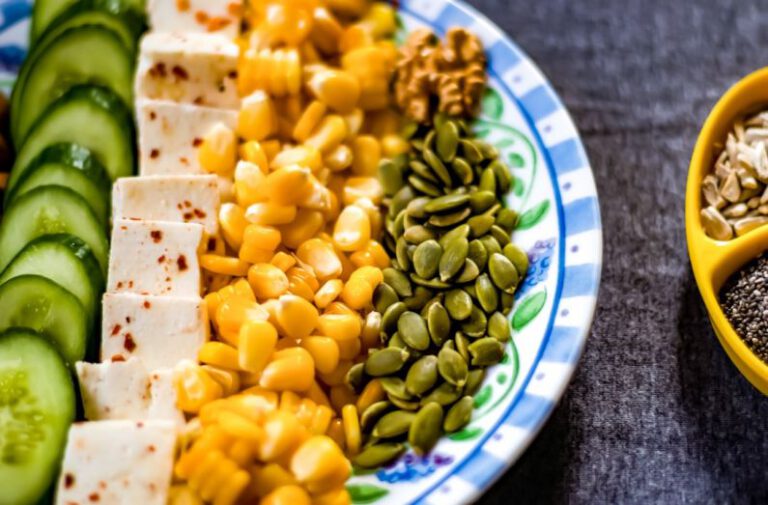Meal Planning for Fitness Enthusiasts
For fitness enthusiasts, meal planning is a crucial component of achieving and maintaining their health and fitness goals. Whether you are looking to build muscle, lose weight, or improve your overall performance, what you eat plays a significant role in your success. By strategically planning your meals, you can ensure that you are fueling your body with the right nutrients at the right times to support your fitness journey effectively.
Understanding Your Goals
Before diving into meal planning, it is essential to have a clear understanding of your fitness goals. Whether you are aiming to lose body fat, gain muscle mass, or enhance your athletic performance, your nutritional needs will vary based on your objectives. By defining your goals, you can tailor your meal plan to support your specific needs and optimize your results.
Balanced Macronutrients
When planning your meals, it is crucial to focus on including a balance of macronutrients: protein, carbohydrates, and fats. Protein is essential for muscle repair and growth, carbohydrates provide energy for workouts, and fats play a role in hormone production and overall health. By including a variety of these macronutrients in each meal, you can ensure that your body is getting the nutrients it needs to support your fitness goals.
Pre- and Post-Workout Nutrition
For fitness enthusiasts, pre- and post-workout nutrition is especially important. Before a workout, it is beneficial to consume a meal or snack that provides a balance of carbohydrates and protein to fuel your workout and support muscle recovery. After a workout, consuming a meal rich in protein and carbohydrates can help replenish glycogen stores and promote muscle recovery. By planning your pre- and post-workout meals ahead of time, you can ensure that you are properly fueling your body for optimal performance and recovery.
Meal Timing
In addition to focusing on what you eat, meal timing also plays a significant role in optimizing your fitness results. Eating smaller, balanced meals throughout the day can help maintain steady energy levels and support muscle growth and recovery. Some fitness enthusiasts find success with intermittent fasting, where they have designated periods of eating and fasting throughout the day. Experimenting with different meal timing strategies can help you find what works best for your body and your fitness goals.
Planning Ahead
One of the keys to successful meal planning for fitness enthusiasts is to plan ahead. Taking the time to plan your meals for the week, grocery shop for the necessary ingredients, and prepare meals in advance can help you stay on track with your nutrition goals. By having healthy, balanced meals readily available, you can avoid the temptation of reaching for unhealthy options when hunger strikes. Investing time in meal prep can make it easier to stick to your meal plan and make healthy choices throughout the week.
Stay Flexible
While meal planning is essential for achieving your fitness goals, it is also important to stay flexible. Life can be unpredictable, and there may be times when you need to adjust your meal plan due to unexpected events or changes in your schedule. By being flexible and willing to adapt, you can continue to make progress towards your fitness goals, even when things don’t go as planned.
Choosing Nutrient-Dense Foods
When meal planning for fitness, focus on incorporating nutrient-dense foods that provide a variety of vitamins, minerals, and antioxidants. Opt for lean proteins, whole grains, fruits, vegetables, and healthy fats to fuel your body with the nutrients it needs to perform at its best. Avoid processed foods, sugary snacks, and empty calories that provide little nutritional value and can hinder your progress towards your fitness goals.
Sustainable Habits for Long-Term Success
In conclusion, meal planning is a valuable tool for fitness enthusiasts looking to optimize their nutrition and support their fitness goals effectively. By understanding your goals, focusing on balanced macronutrients, prioritizing pre- and post-workout nutrition, planning ahead, staying flexible, choosing nutrient-dense foods, and building sustainable habits, you can set yourself up for long-term success in your fitness journey. Remember, consistency is key, and by prioritizing your nutrition through meal planning, you can fuel your body for success and achieve the results you desire.






